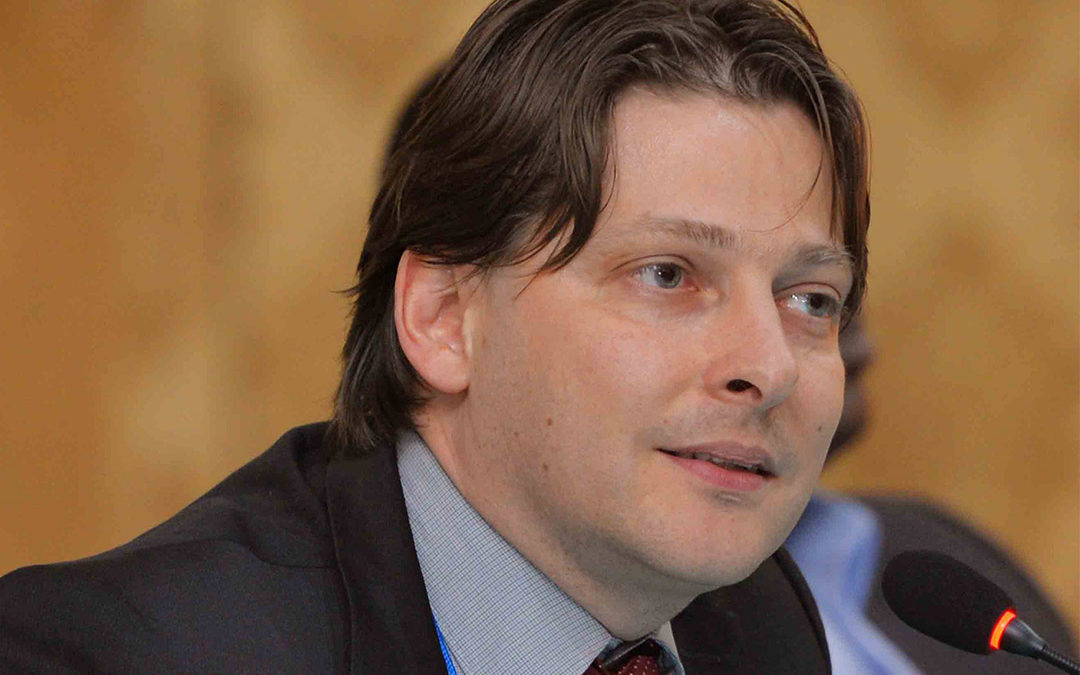Martin Lugmayr
Dear Readers,
Nationally, most developing countries have introduced ambitious policies and targets to scale up renewable energy and energy efficiency markets, industries and innovation. However, particularly in many least developed and small island countries the practical implementation progress is behind schedule, unequally distributed and has not transformed into economies of scale.
Regionally, the energy transformation tends to remain uncoordinated between countries and common barriers and opportunities are not addressed jointly for the benefit of all. Duplication, fragmentation, and lack of agenda-setting by the region lead often to inefficient use of international funding and opportunity costs. Many regional intergovernmental organizations lack of resources and capacities to overlook and monitor complex political and technical implementation processes.
To strengthen the interplay between national and regional capacities and networks, the United Nations Industrial Development Organization (UNIDO) is supporting regional organizations in the establishment of sustainable energy centers since 2010. The emerging Global Network of Regional Sustainable Energy Centers comprises a sub-network for the African and the Arab region (in cooperation with the EAC, SADC, ECOWAS, and Arab League) and a sub-network for Small Island Developing States (in cooperation with SIDS DOCK, CARICOM, and SPC). Currently, the network is expanding to Central America, Central Asia, and the Himalaya-Hindukush region.
The model of the centres is based on strong leadership and ownership of the respective regions. Up to now, the network enjoys high-level approval by more than 90 Energy Ministers. The centers are closely linked to regional organizations and their decision-making processes, and represent an innovative fusion of partnerships between countries, international partners and the private sector. Through regional approaches and methodologies, the centres complement and accelerate national efforts in the areas of policy and regulation, capacity development, knowledge and data management, awareness raising, as well as the promotion of investment, innovation, and entrepreneurship.
Five of the nine Portuguese-speaking countries are already part of the Global Network of Regional Sustainable Energy Centers (GN-SEC): Angola, Cape Verde, Guinea-Bissau, Mozambique, São Tomé and Príncipe. ALER and UNIDO are partnering on facilitating north-south partnerships between sustainable energy businesses and industry.
Sustainable Energy Expert, UNIDO
www.ecreee.org
www.rcreee.org
www.pcreee.org
www.ccreee.org
www.eacreee.org
www.sacreee.org (see the article about the launch of SACREEE website here)

